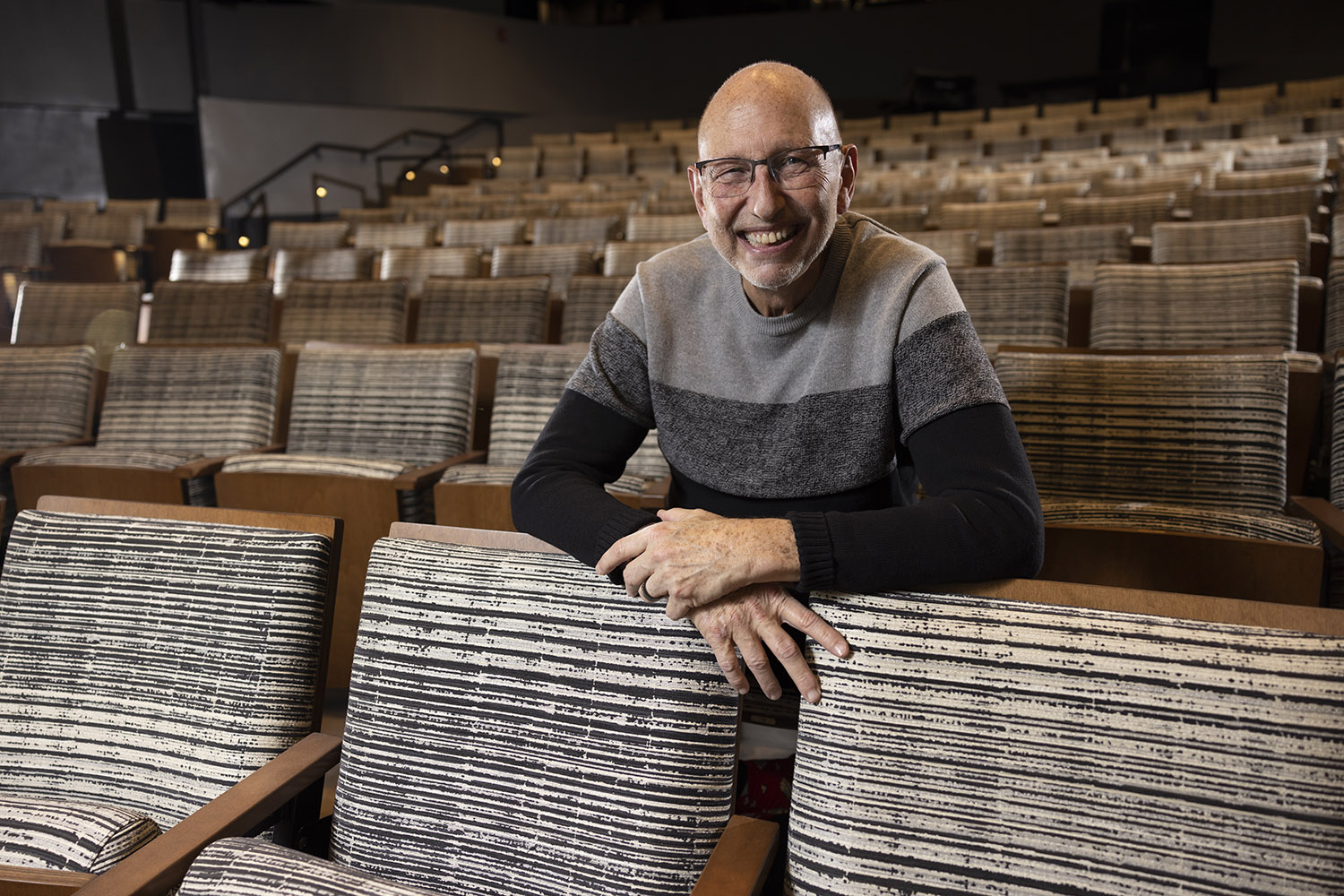
“Higher education is broken.”
It's a refrain I hear too often these days, recently from a friend who teaches at a university further west than Lubbock, but also from myriad articles that question the huge financial commitment of an education; faculty struggles to resist policies that dictate content; very real concerns about safety, micro- and macro-aggressions; and the realities of job placement (especially in the arts). Having worked for 44 years in higher education, I listen (and read) with interest, understanding that these issues are compounded by the fact that all institutions are still recovering from the changes imposed upon us by the pandemic. Many feel the future looks bleak.
But as we bring a close to the Spring of 2023, it's hard to share this dark outlook. Part of my optimism, of course, is based on the opening of Phase II of our Theatre & Dance complex, a new very forward-looking and visionary Dean, and a great administration.
But my real belief in the power of higher education comes from every class I teach.
It's no secret that our School is student centric. That means we created systems to further communication with students about almost every (appropriate) decision we make, be it new hires, curricular changes, programs we put on pause, and finding the financial means to help our students. But, philosophically, the roots of higher education have always been about fostering growth, about helping students find paths in life where they can best express themselves, about giving them the tools critically to assess the world around them. In a society where the “truth” is always questioned, where journalism is routinely attacked, and where political divisions are more pronounced than ever, it's increasingly important not to indoctrinate students into a specific mindset, but to illustrate how best to decipher all the possibilities for them to make their own decisions.
I grew up in a small town, one that was at one point a “mill hill,” where most of the population was more or less “indentured” by one of the factories that guided the economic health of the community. For me, attending college represented the most important transition in my life, one that introduced me to the variety of perspectives that shaped my identity. Most of my mentors were upset when job centers started popping up on campuses; they believed college was purely a time where students should be intent on learning. They resisted the idea that universities were businesses and students, their clients. They romantically embraced the idea of college being a time when students were intent on formulating their own truths.
Now universities boast a host of centers that address financial aid, mental health and well-being, and, especially, securing jobs for our graduates. In fact, job security seems one of the most important goals of an education, just not the most important. And that makes great sense, considering the expense of an education and the challenging world out there.
But this should not distract us from remembering that the root of education lies in our students experiencing a few years dedicated to learning, to maturing in thought and action, and to sharing cultures, ideas, and philosophies that they may have never considered before, or that they reconsider those that they may have held. Good education inspires true change, and that happens both inside and outside the classroom—almost as much from the relationships made as the material shared by professors.
Those reading this newsletter already understand why we feel the arts are important, but in a world that increasingly resists financial support for the arts and must address waning audiences, it's even more necessary that we give our students the toolbox that will help them share the love they have for designing, acting, directing, dramaturging, choreographing with their respective communities. Students in our Theatre and Dance in the Community class, for example, do this every semester; they love seeing their passion translated into action, directly impacting schools, hospitals, and the various organizations in which they spend several months.
Like every other business, universities must find the means to support their faculty, staff, and students, and this often makes universities seem commercial. Many still complain that universities treat students like clients, with all the negative connotations that such a structure implies.
But however you think of them—clients or students—the reason professors continue to dedicate their lives to students is the same: to provide the best educational experience possible, with all that that implies. In spite of our efforts to maintain sustainable lifestyles, most of us at Texas Tech do not work to live—we live to work.
There is and will always be a difference between universities and corporations, and that is rooted philosophically in our mission here in the School of Theatre & Dance—to offer students the best opportunities by providing them with the skills that help them to find their truths, rooted always in joy.
